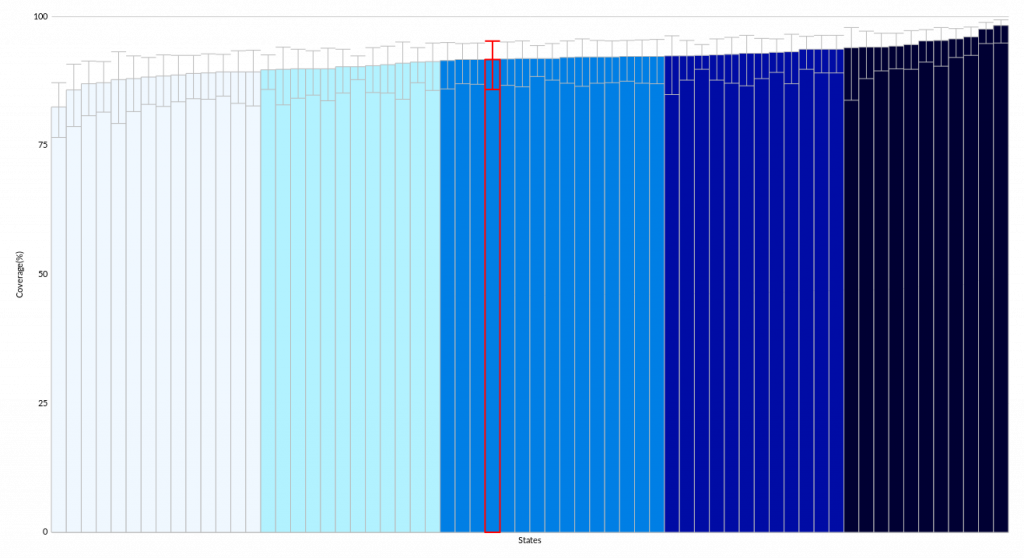
Drexel University rarely finds itself on the good side of publicity. However, as the mumps outbreak unfolded these past two weeks, the university was largely spared, unlike our neighboring college on the other side of The Schuylkill River, Temple University. Around 100 students at Temple were infected with mumps, a disease that is preventable by vaccination and considered largely contained in most parts of the world.
The scourge exposed the fact that Temple does not require its incoming students to update their immunization records before matriculation as much as many other schools in the Philadelphia area, such as Drexel and the University of Pennsylvania, require their students to do so. This escape is not cause for celebration or claim to higher moral ground on account of the suffering of fellow students. On the contrary, it ought to call to attention the numerous lapses in preventative medicine and applaud the emphasis students and college administrators put on the importance of vaccination at Drexel University and beyond.
The out-of-pocket cost of vaccination is the biggest barrier among college students. Not all insurance companies cover the cost of vaccines, which can be as high as $300. Even among insurance companies that cover vaccination, the out-of-pocket costs can easily spiral out of control, especially when several vaccines are required at once, which is commonly the case when students matriculate into college and require booster shots. A $10 copay may not seem like much, but when multiplied across the myriad of diseases that college students need to be vaccinated for, that value increases drastically. Most people would rather dabble with the risk of contracting disease rather than pay a small cost for prevention.
Most people still have hesitations about vaccinations. This is not a claim that most people are anti-vaxxers: the idea that vaccines cause autism is largely a fringe idea. However, vaccines are viewed wearily even among proponents of vaccination. Think of the flu vaccine. Not many people get their flu shots because they hold the belief that the vaccine is likely to result in disease anyway. Now imagine if this belief were magnified to the dozens of diseases that incoming students are expected to be immunized against within the few months before matriculation. With this in mind, students dodging the shot becomes even more likely.
Vaccine researchers have failed in communicating the value of their work in protecting large populations. Kathleen Hall Jamieson, a professor of communication and the director of the Annenberg Public Policy Center at the University of Pennsylvania, posits that using terms such as “herd immunity” to describe the value of vaccinations actually dissuades people from getting vaccinated, as humans respond negatively to terms that are used to describe animals such as sheep. Instead of using “herd immunity,” Dr. Jamieson encourages scientists to use terms such as “community immunity” because we are more likely to identify and empathize with our communities. Colleges are communities, and retreating to solitary enclaves is not an option. On the contrary, students ought to see the value of extending their care to the larger population of which they are an integral part.
Vaccinations guard us against debilitating diseases. However, the current modus operandi clearly has fundamental flaws that ought to be addressed by all stakeholders. Students ought to recognize the value of vaccination, and the school ought to make it easier to acquire vaccinations and to make the process more organized and reasonable. Getting vaccinated should not just be another hoop to jump through in order to register for classes.


